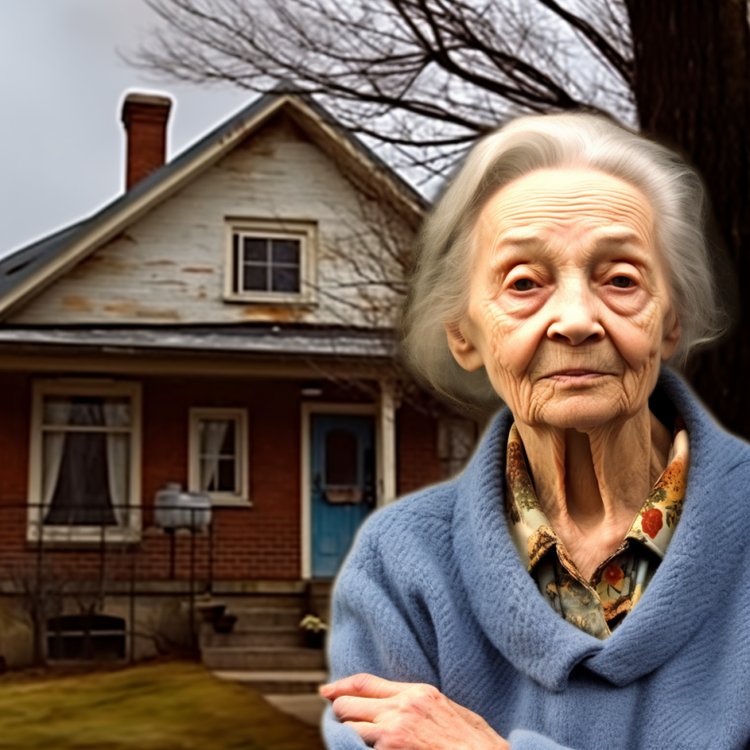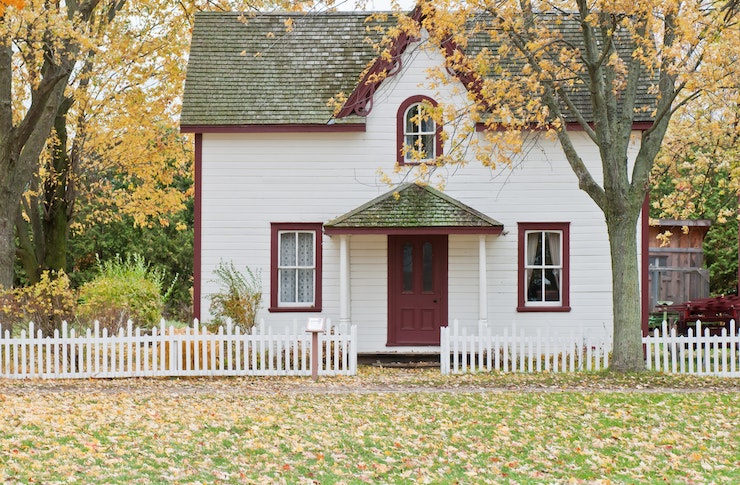Average Costs for Senior Residences in Canada (2025)
Understanding senior residence costs in Canada for 2025 is crucial as families navigate options for their aging loved ones. These costs vary considerably based on location, type of accommodation, and provided services. From financial strategies to government aid, recognizing diverse factors and regulatory influences is essential for informed decision-making, ensuring seniors lead fulfilling and secure lives.

Understanding Senior Residence Costs in Canada for 2025
The cost structure for senior residences in Canada encompasses several key components that contribute to monthly fees. These typically include accommodation charges, meal plans, basic utilities, maintenance services, and varying levels of personal care assistance. Independent living facilities generally represent the most affordable option, with costs ranging from approximately $2,500 to $4,500 per month depending on the province and specific amenities offered.
Assisted living facilities command higher fees due to additional support services, with monthly costs typically falling between $3,500 and $6,500. Memory care units and long-term care facilities represent the highest expense category, often ranging from $4,000 to $8,000 monthly, reflecting the specialized care and enhanced security measures required for residents with cognitive impairments or complex medical needs.
The Breakdown of Residence Costs
Senior residence pricing structures typically follow a tiered approach based on accommodation type and service levels. Entry fees, where applicable, can range from $10,000 to $50,000 as a one-time payment, though many facilities operate on a monthly rental basis without upfront costs. Basic accommodation covers private or semi-private rooms, common area access, housekeeping services, and emergency response systems.
Additional services often carry supplementary charges, including specialized dietary requirements, laundry services, transportation assistance, and enhanced personal care beyond basic levels. Many facilities offer à la carte pricing for services like physiotherapy, medication management, and social activities, allowing families to customize care packages according to specific needs and budget constraints.
Factors Influencing Costs and Strategies for Managing Them
Geographic location significantly impacts senior residence costs, with major urban centers like Toronto, Vancouver, and Calgary commanding premium prices compared to smaller communities. Provincial regulations and funding structures also create cost variations, as some provinces provide more substantial subsidies for qualified residents than others.
Facility amenities and staffing ratios directly correlate with pricing structures. Premium communities featuring fitness centers, pools, fine dining options, and extensive programming typically charge higher fees than basic facilities. Strategies for managing costs include exploring shared accommodation options, investigating provincial assistance programs, and considering communities in smaller urban centers where real estate costs remain more moderate.
Regulatory Considerations and Assistance Available
Provincial governments across Canada maintain different regulatory frameworks and funding mechanisms for senior housing. Some provinces offer sliding-scale fees based on income levels, while others provide direct subsidies for qualifying residents. Veterans Affairs Canada also provides specific benefits for eligible military veterans, including coverage for certain accommodation and care expenses.
Long-term care insurance, though not as common in Canada as in other countries, can help offset some residence costs. Many provinces maintain waiting lists for subsidized spaces, making early application essential for families anticipating future needs. Tax considerations also play a role, as certain medical expenses related to senior care may qualify for deductions or credits.
Real-World Cost Analysis for Canadian Senior Residences
Understanding actual market rates helps families make informed decisions about senior housing options. The following comparison reflects current market conditions across different facility types and major Canadian markets.
| Residence Type | Provider Example | Monthly Cost Range | Key Services Included |
|---|---|---|---|
| Independent Living | Chartwell Retirement Residences | $2,800 - $4,800 | Meals, housekeeping, activities |
| Assisted Living | Revera Living | $3,800 - $6,200 | Personal care, medication assistance |
| Memory Care | Sienna Senior Living | $4,500 - $7,500 | Specialized dementia care, security |
| Luxury Communities | Amica Senior Lifestyles | $4,200 - $8,500 | Premium amenities, concierge services |
Prices, rates, or cost estimates mentioned in this article are based on the latest available information but may change over time. Independent research is advised before making financial decisions.
Making Informed Decisions About Retirement Villages
Selecting appropriate senior housing requires balancing cost considerations with quality of life factors and anticipated care needs. Families should evaluate multiple facilities, review service agreements carefully, and understand fee structures including potential increases over time. Many communities offer trial stays or respite care options that provide firsthand experience before making long-term commitments.
Financial planning for senior residence costs should begin well before immediate need arises, allowing families to explore various funding options and make gradual adjustments to accommodate future expenses. Consulting with financial advisors familiar with senior care costs can provide valuable guidance for developing sustainable funding strategies that preserve dignity and choice throughout the aging process.
The landscape of senior housing in Canada continues evolving, with new models emerging that blend affordability with quality care. Understanding current cost structures and available resources empowers families to make decisions that support both financial stability and enhanced quality of life for their aging loved ones.




